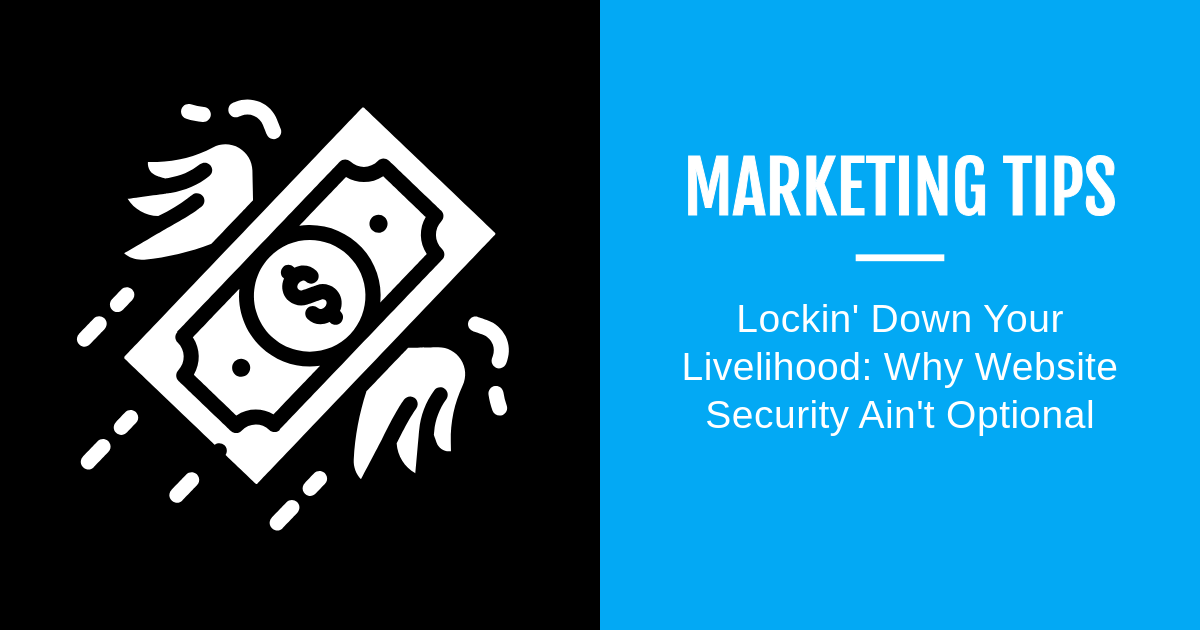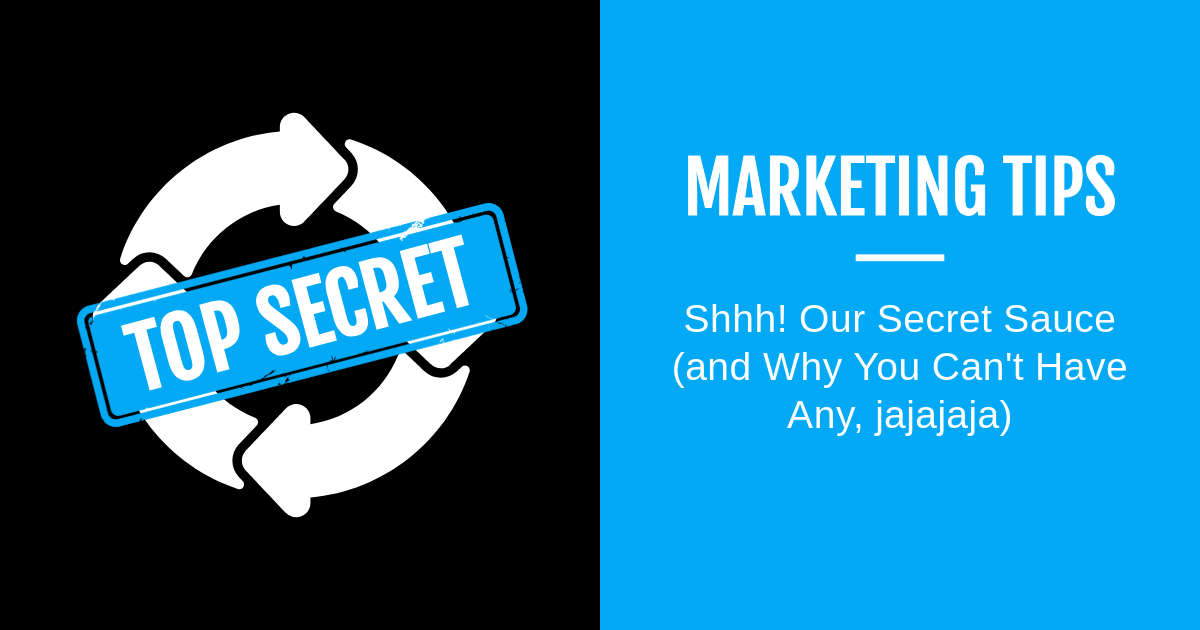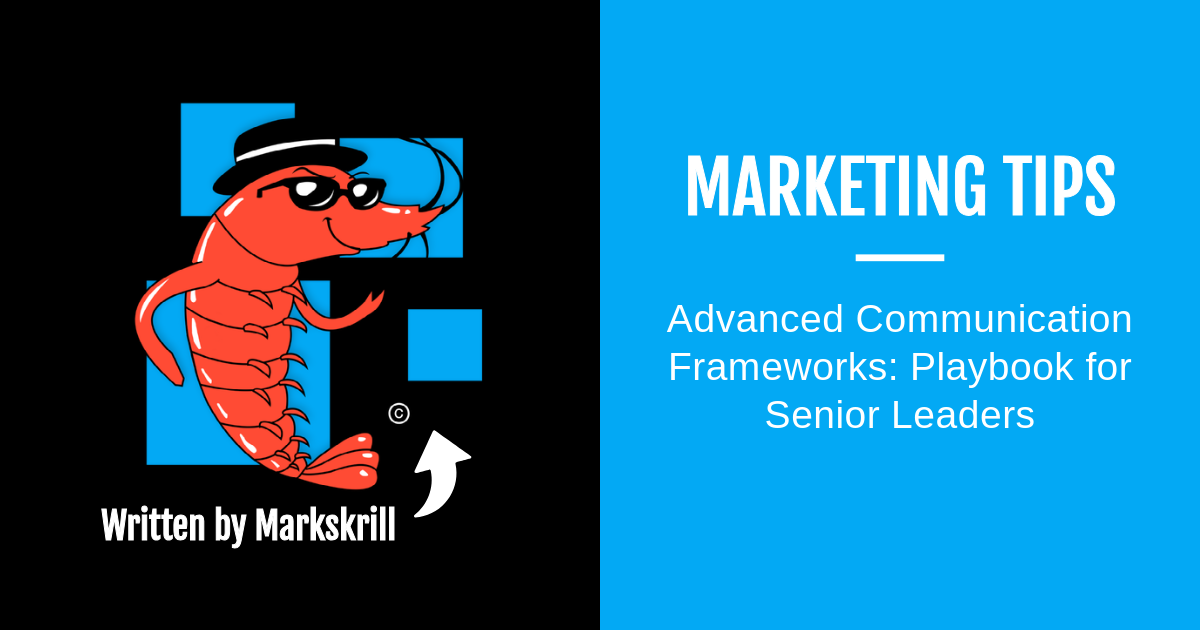Marketing Tips
We're all about providing value, but we won't shy away from subtly promoting our products every once in a while!

About the Author: Markskrill
How to prevent customer and talent poaching
G'day, mates! Markskrill here, your friendly neighbourhood krill with a knack for digital marketing. Now, let's dive headfirst into a topic that's got more twists and turns than a croc in a croc-pot: Protecting your business from employee poaching.
When your top talent becomes the target
Imagine this: you've spent years building a crack team, only to have them snatched away by a rival or, worse yet, a client! It's enough to make you want to chuck a shrimp on the barbie and call it quits. But hold your horses, mate! Markskrill's here to help you navigate these choppy waters.
Why employee poaching happens
Before we get into the nitty-gritty of protecting your business, let's have a squiz at why this happens in the first place.
Your team is just that good:
They're skilled, dedicated, and they build a ripper rapport with clients. It's a compliment, really, but a painful one when they get poached.
The lure of new opportunities:
Maybe the competition offers better perks, a higher salary, or a chance to upskill. It's natural for your team to be tempted.
The "grass is greener" syndrome:
Sometimes, a change of scenery is all it takes. A fresh start, a new environment – it can be pretty appealing.
How to keep your top talent from being poached
Now, let's get down to business. How do you stop this employee exodus? Here are a few tips from yours truly:
Create a workplace that's the bee's knees:
Make your company a place where people want to work. Offer great perks, a supportive environment, and opportunities for growth. Make your employees feel valued and appreciated.
Build strong relationships with your clients:
Be open and honest with your clients. Set clear expectations about employee poaching and build relationships based on trust and respect.
Nurture your team's loyalty:
Show your employees that you're invested in their success. Offer training and development opportunities, and create a career path within your company.
Have a "no poaching" agreement:
Consider adding a clause in your client contracts that prevents them from poaching your employees. It's not foolproof, but it's a good start.
What to do when poaching happens
Sometimes, despite your best efforts, poaching happens. Here's how to handle it:
If a client approaches your employee:
Have an open conversation with both parties. Understand the reasons behind the move and try to find a solution that works for everyone.
If your employee approaches a client:
Again, have an open and honest conversation with your employee. Understand their motivations and see if you can address them internally.
If the move is inevitable:
Don't take it personally. Wish both parties well and focus on building your team and your client relationships.
The legal side of things
Now, for a bit of legal eagle talk. Did you know that in Australia, there's a legal precedent for employee poaching? Yep, back in 1992, the case of Colour Control v Rando set the stage for how we deal with this issue. It basically says that if a client induces an employee to breach their contract, they can be held liable. So, if you've got a solid contract in place, you might have a leg to stand on.
But remember, mates, prevention is always better than cure. By creating a workplace that's the envy of the industry, you can keep your top talent happy and engaged, reducing the risk of poaching altogether.
So, there you have it, folks! Markskrill's guide to protecting your business from employee poaching. Remember, building a strong team and maintaining good client relationships is a marathon, not a sprint. But with a bit of Aussie grit and these tips, you'll be well on your way to creating a workplace where everyone wants to stay.
References
As a commercial entity focused on providing engaging and accessible content, we generally do not include formal citations, references, or lists of sources. However, there may be instances where we directly quote or significantly draw upon the work of others, in which case we will always provide appropriate credit where it is due.
Join our exclusive marketing newsletter
Psst! Hey, you! Yeah, you! Wanna be part of something bigger than yourself? Something… exclusive? Sign up for our Business Hub. You'll get a free CRM and become a member of our super-secret email cult (don't worry, we only meet on Tuesdays… or is it Wednesdays? I can't remember, I'm just a krill).








